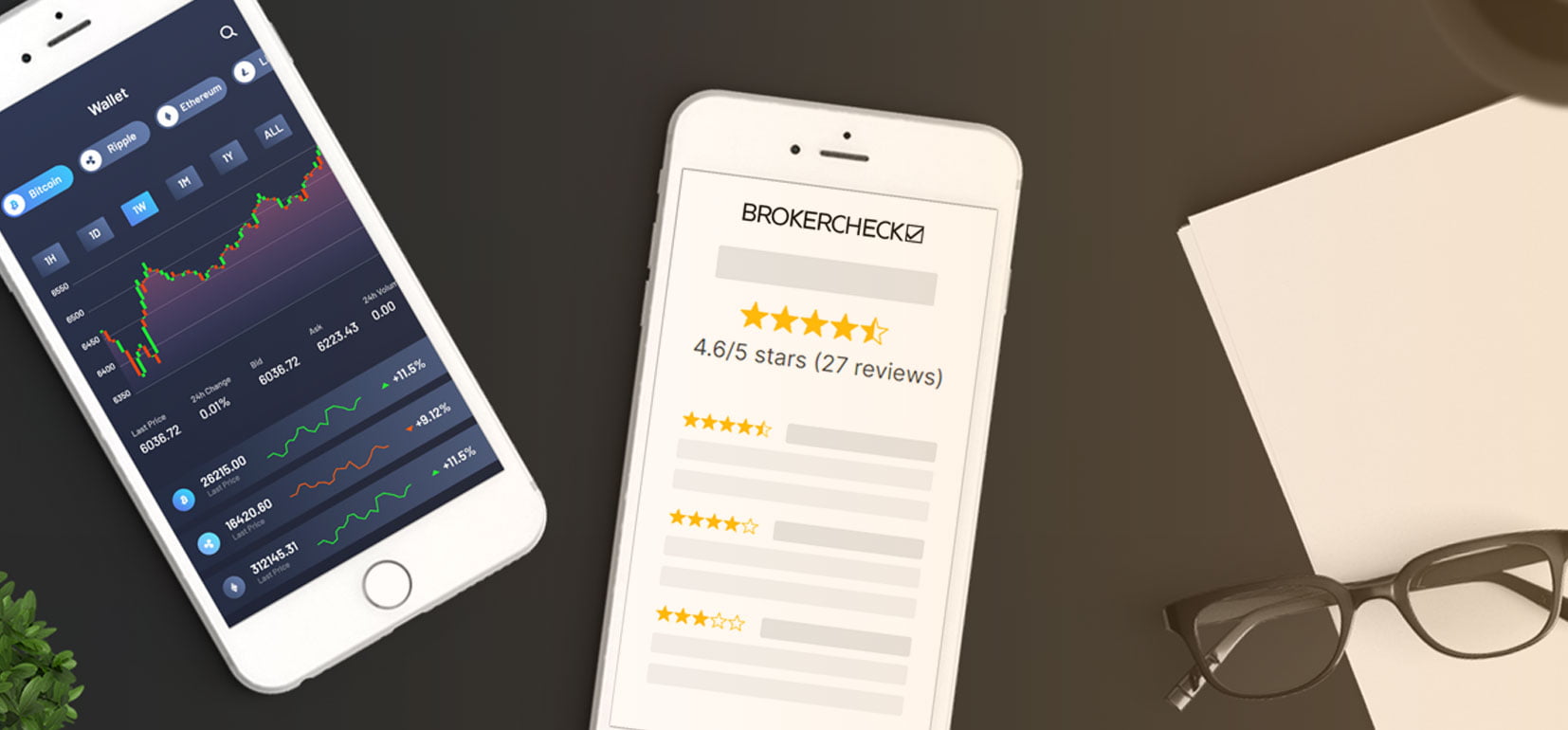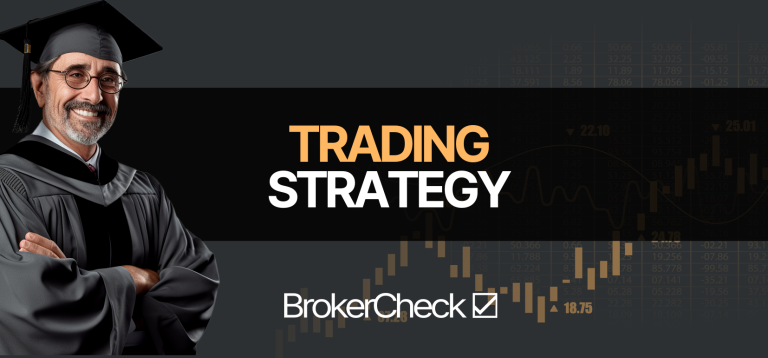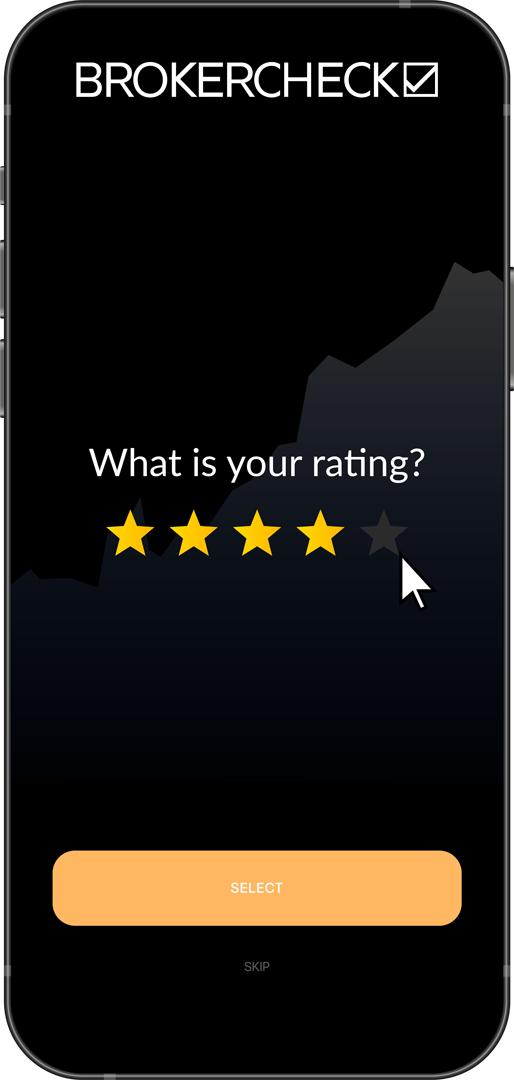What is day trading?
Day traders typically use technical analysis and chart patterns to make informed trading decisions. They may also use fundamental analysis to evaluate the overall health of a company or economy, but this is typically not their primary focus. Day traders often use a combination of long and short positions, meaning they will buy and sell financial instruments within the same day. They may also use leverage, which allows them to trade with more capital than they have on hand, but this can also increase the risk of losses.
Day trading can be a risky and highly volatile activity, and it is not suitable for everyone. Day traders need to have a high level of discipline, strong risk management skills, and the ability to handle significant stress.
In summary, day trading is the practice of buying and selling financial instruments within the same trading day in an effort to capitalize on short-term price movements. It is a high-risk and volatile activity that requires discipline, risk management skills, and the ability to handle stress.
Why do people want to become a day trader?
There are several reasons why people may be keen on becoming a day trader:
- Potential for high returns: Day trading can be lucrative, as traders can potentially make significant profits in a short period of time.
- Flexibility: Day traders have the flexibility to choose their own schedule and work from anywhere with an internet connection.
- Control: Day traders have control over their own trades and can make their own decisions about when to buy and sell.
- Challenge: Some people may find the challenge of day trading to be enjoyable and rewarding.
- Independence: Day traders are independent and do not work for a specific company or organization.
However, it is important to note that day trading is a high-risk and volatile activity, and it is not suitable for everyone. Day traders need to have a high level of discipline, strong risk management skills, and the ability to handle significant stress. It is also important to be aware that most day traders do not achieve significant profits, and many end up losing money.
What does it take to become a day trader?
Day trading is a challenging and high-risk activity that requires a certain set of skills and characteristics. Here are some things that it takes to become a day trader:
- Capital: Day trading requires capital to finance your trades. The amount of capital needed will depend on the size of your trades and the amount of leverage that you are using.
- Trading platform: Day traders need to have access to a reliable and user-friendly trading platform. There are many different platforms available, each with their own features and fees.
- Technical analysis skills: Day traders rely on technical analysis to make informed trading decisions. This involves using charts, indicators, and other tools to identify trends and patterns in the market.
- Risk management skills: Day trading can be highly volatile, and it is important for day traders to have strong risk management skills in order to minimize potential losses. This involves setting stop-loss orders, limiting the amount of capital that you are willing to risk on each trade, and diversifying your portfolio.
- Discipline: Day trading requires discipline in order to stick to your trading plan and manage your emotions. This can be challenging, as day traders are often faced with difficult decisions and rapid market movements.
- Time: Day trading requires a significant time commitment, as you will need to monitor the markets and make trades throughout the day.
In summary, becoming a day trader requires capital, a reliable trading platform, technical analysis skills, risk management skills, discipline, and a significant time commitment. It is a challenging and high-risk activity that is not suitable for everyone.
7 Steps to becoming a successful day trader
Writing a guide about how to become a good day trader is hard, but we tried our best. Here are our top 7 steps to becoming a successful day trader:
Educate yourself
It is important to educate yourself as a trader because it will help you to understand the markets and make informed trading decisions. This is especially important for day traders, who rely on technical analysis and other tools to identify trends and patterns in the market.
Having a solid understanding of the markets will also help you to develop and implement a trading plan that is tailored to your goals and risk tolerance. This will involve learning about different financial instruments, chart patterns, risk management techniques, and other important topics.
In addition, educating yourself will help you to stay up-to-date on economic events, market news, and other factors that can impact the price of financial instruments. This will allow you to make more informed trading decisions and react to changes in the market in a timely manner.
Choose a brokerage
You will need to choose a brokerage firm that provides access to the markets and trading platform that you will be using. Consider factors such as fees, customer service, and the availability of educational resources. You can use our comparison tool to easily find the most suitable broker for you.
Develop a trading plan
A trading plan is a set of guidelines that outlines your trading strategy and risk management approach. It should include details such as the types of instruments you will trade, your risk tolerance, and your exit and entry points.
Developing a trading plan is an important step for traders to define their goals, assess their risk tolerance, and create a roadmap for achieving success in the markets. Here are some steps to help you develop a trading plan:
- Define your goals: It is important to clearly define your goals as a trader. This could include things like the amount of money you want to make, the level of risk you are willing to take on, and the amount of time you are willing to commit to trading.
- Assess your risk tolerance: It is important to assess your risk tolerance before you start trading. This will help you to determine the size of your trades and the level of risk that you are comfortable taking on.
- Determine your time frame: Consider the amount of time you are willing to commit to trading. Are you looking to make quick trades throughout the day, or are you looking to hold positions for a longer period of time?
- Choose your financial instruments: Decide which financial instruments you want to trade, such as stocks, options, futures, or currencies. Consider factors such as liquidity, volatility, and your level of experience.
- Develop a strategy: Determine your trading strategy, including the types of chart patterns you will look for, the indicators you will use, and your entry and exit points.
- Use risk management techniques: Implement risk management techniques, such as setting stop-loss orders and limiting the amount of capital that you are willing to risk on each trade.
- Monitor and review: It is important to regularly review and monitor your trades to ensure that you are meeting your goals and staying within your risk tolerance. This will allow you to make adjustments to your trading plan as needed.
In conclusion, developing a trading plan is an important step for traders to define their goals, assess their risk tolerance, and create a roadmap for success in the markets. It involves defining your goals, assessing your risk tolerance, choosing your financial instruments, developing a strategy, using risk management techniques, and regularly reviewing and monitoring your trades.
Practice with a demo account
Most brokerage firms offer demo accounts that allow you to practice trading with virtual money.
A demo account is a simulated trading account that allows traders to practice trading without risking any capital. Here are some pros and cons of using a demo account:
Pros:
- Allows traders to practice trading and test out their strategies without risking any capital
- Helps traders to get a feel for the markets and understand how the trading platform works
- Allows traders to make mistakes and learn from them without incurring any losses
- Can be a useful tool for new traders to gain experience and confidence
Cons:
- Does not provide a true representation of the markets, as there is no real money at stake
- Can give traders a false sense of security, leading to overconfidence and risky behavior when trading with real money
- May not accurately reflect the emotions and psychological challenges that traders face when trading with real money
In conclusion, a demo account can be a useful tool for traders to practice trading and test out their strategies without risking any capital. However, it is important to be aware of its limitations and not rely on it too heavily when transitioning to real money trading.
Start small
It is generally advisable for traders to start small when they are starting out, for a few reasons:
- Minimize risk: Trading can be risky, and it is important to minimize your risk when you are starting out. By starting small, you can minimize your potential losses and protect your capital.
- Gain experience: By starting small, you can gain experience and build your confidence as a trader. This will allow you to make mistakes and learn from them without incurring significant losses.
- Evaluate your strategy: Starting small will give you the opportunity to evaluate your trading strategy and make any necessary adjustments before committing more capital.
- Manage your emotions: Trading can be stressful, and it is important to manage your emotions. By starting small, you can reduce the psychological pressure of trading and allow yourself to focus on learning and improving.
Use stop-loss orders
Stop-loss orders are an important risk management tool for day traders. They are designed to limit your potential losses by automatically selling your position if it reaches a certain price. Here are some reasons why day traders may use stop-loss orders:
- Protect your capital: Stop-loss orders can help to protect your capital by automatically selling your position if it moves against you. This can help you to minimize your potential losses and preserve your capital for future trades.
- Manage risk: By using stop-loss orders, you can better manage your risk by specifying the maximum amount of loss that you are willing to accept on each trade. This can help you to stay within your risk tolerance and avoid making impulsive decisions.
- Set clear exit points: Stop-loss orders allow you to set clear exit points for your trades, which can help you to stay disciplined and stick to your trading plan.
- Save time: Stop-loss orders can save you time by automatically executing trades based on your predetermined criteria. This can be especially helpful if you are unable to monitor the markets constantly.
Stay up-to-date
The markets are constantly changing, and it is important for day traders to stay up-to-date on economic events, market news, and other factors that can impact the price of financial instruments.
As a trader, it is important to stay up-to-date on economic events, market news, and other factors that can impact the price of financial instruments. Here are some ways to stay up to date as a trader:
- Follow financial news outlets: Keep track of financial news outlets such as Bloomberg, CNBC, and The Wall Street Journal to stay up-to-date on market news and events.
- Use social media: Follow financial accounts on social media platforms such as Twitter and LinkedIn to stay informed about the latest developments in the markets.
- Subscribe to newsletters: Subscribe to newsletters or alerts from industry experts or financial news outlets to receive regular updates on market conditions.
- Attend webinars and seminars: Attend webinars or seminars hosted by industry experts or financial institutions to learn about the latest trends and developments in the markets.
- Use economic calendars: Economic calendars provide a schedule of upcoming economic events and data releases that can impact the markets. These calendars can be found on most financial news websites.
By staying up-to-date on market conditions, you can make more informed trading decisions and react to changes in the market in a timely manner.
In conclusion, there are several ways to stay up-to-date as a trader, including following financial news outlets
Secret Tip on becoming a successful day trader
There is no secret tip that will guarantee success as a day trader. Day trading is a challenging and high-risk activity that requires a combination of skills, discipline, and hard work.











